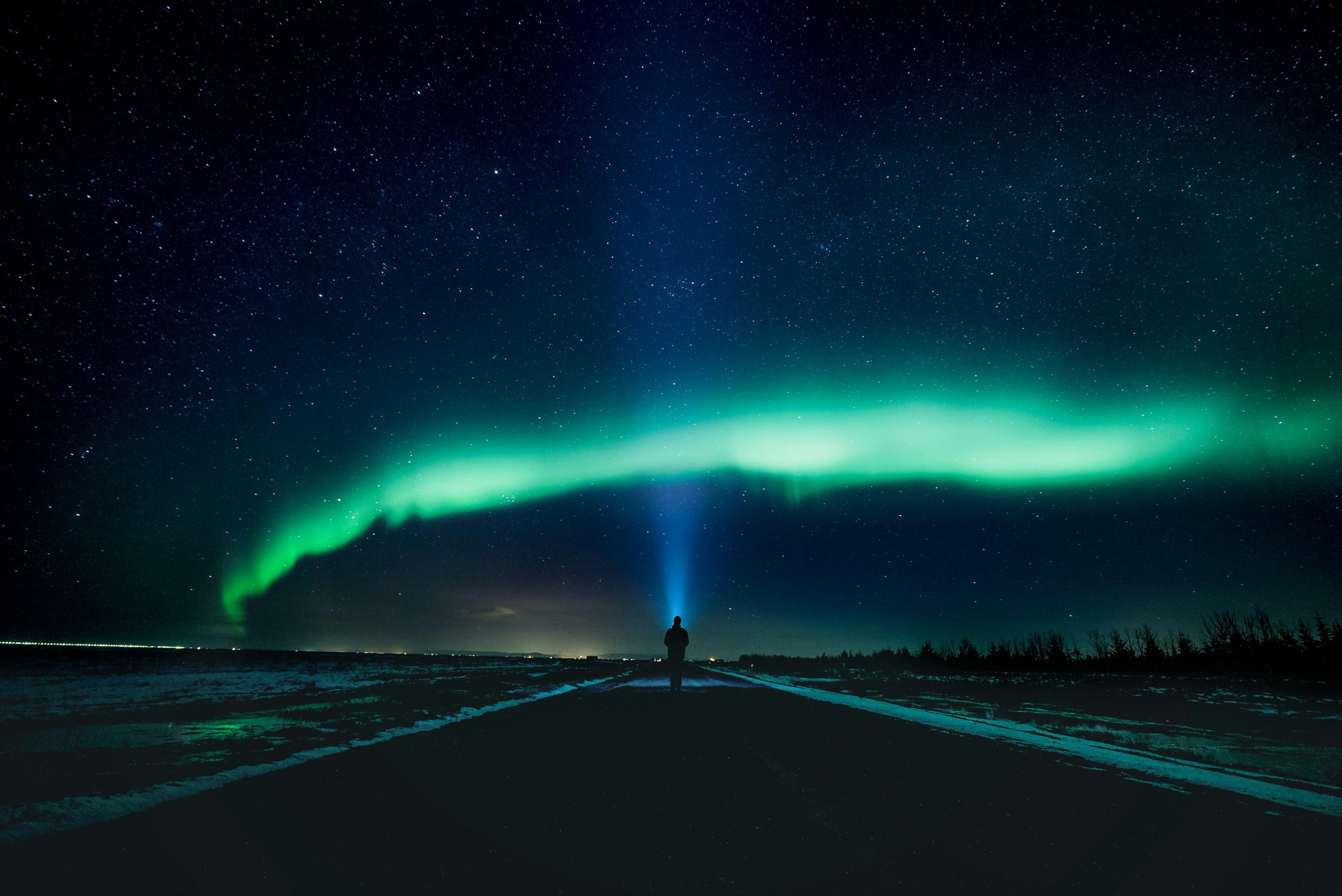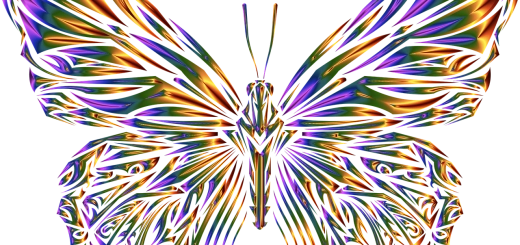Zombies: Undead Creatures of Horror Legends

Looking for more amazing products? Check out our online store and explore our collection here! Happy shopping!
Before diving in, please note: This post is for informational purposes only. If you’d like to know more about how we approach topics, feel free to check out our friendly Disclaimer Page.
Hey there, amazing readers! 
We’re committed to delivering quality posts, and your support (even just sticking around despite the ads) means everything to us. So, bear with us, and thanks for helping us keep the good vibes rolling. Now, on to the fun stuff!
TRANSLATE BUTTON AT THE END OF THE ARTICLE
A Quick Overview
Zombies have long been a staple of horror folklore, captivating audiences with their eerie presence and relentless pursuit of the living.
These undead creatures have been featured in various forms of media, from classic horror films to popular video games.
But what is the history behind zombies, and why do they continue to fascinate us to this day?
This article will delve into the origins of zombies in folklore, their characteristics, modern representations, and the psychological fear they evoke.
We will also explore popular zombie apocalypse scenarios, real-life cases of zombie-like behavior, scientific explanations, the role of zombies in the horror genre, and how to survive a zombie apocalypse.
The History of Zombies in Folklore
The concept of zombies can be traced back to African and Haitian folklore, where they were believed to be reanimated corpses controlled by sorcerers.
In these traditions, zombies were seen as slaves forced to work on plantations or perform other tasks for their masters.
The idea of the zombie as a mindless, soulless being has persisted throughout history and has been a recurring theme in various cultures around the world.
Characteristics of the Zombie
Zombies are typically depicted as reanimated corpses that lack the ability to think for themselves.
They are driven by a primal instinct to feed on the flesh of the living and are often portrayed as slow-moving, groaning creatures.
Zombies are known for their insatiable hunger and relentless pursuit of their victims, making them a terrifying foe in any apocalyptic scenario.
Origins of the Zombie Myth
The modern concept of the zombie can be traced back to the 1968 film "Night of the Living Dead," directed by George A.
Romero.
In this groundbreaking film, the zombies were portrayed as reanimated corpses that rose from the dead due to a mysterious radiation.
Romero’s film popularized the idea of a zombie apocalypse, where the dead come back to life and wreak havoc on the living.
Modern Representations in Culture
In today’s popular culture, zombies have become a ubiquitous presence in films, television shows, video games, and literature.
From the hit TV series "The Walking Dead" to blockbuster films like "World War Z," zombies continue to captivate audiences with their gruesome and terrifying presence.
The popularity of zombies in modern culture reflects our fascination with the unknown and our fear of the undead.
Differences between Zombies and Vampires
While both zombies and vampires are undead creatures that prey on the living, there are key differences between the two.
Zombies are typically mindless beings driven by a primal hunger for flesh, while vampires are often depicted as intelligent, seductive creatures that feed on blood.
Vampires are also known for their ability to shape-shift and possess supernatural powers, whereas zombies are more straightforward in their pursuit of their victims.
The Psychological Fear of Zombies
The fear of zombies is deeply rooted in our primal instincts and our fear of death and decay.
Zombies represent the ultimate threat to our survival, as they are relentless in their pursuit and have no regard for human life.
The idea of being overwhelmed by a horde of mindless, flesh-eating creatures taps into our deepest fears of helplessness and vulnerability.
Popular Zombie Apocalypse Scenarios
Zombie apocalypse scenarios have become a popular theme in literature and media, with various depictions of how society would collapse in the face of a zombie outbreak.
From abandoned cities overrun by the undead to small groups of survivors banding together to fight off hordes of zombies, these scenarios explore the breakdown of social order and the struggle for survival in a post-apocalyptic world.
Real-life Cases of Zombie-like Behavior
While zombies are often associated with fiction and folklore, there have been real-life cases of individuals exhibiting zombie-like behavior.
From reports of cannibalistic attacks to individuals displaying symptoms of a rare neurological disorder known as Cotard’s syndrome, these cases blur the line between fact and fiction.
While these instances are rare, they serve as a reminder of the thin veil between reality and the supernatural.
Scientific Explanations for Zombie Phenomenon
While the idea of reanimated corpses may seem far-fetched, there are scientific explanations for the zombie phenomenon.
One theory suggests that a zombie-like state could be induced by a combination of drugs, mental illness, or certain medical conditions.
Another theory posits that a zombie outbreak could be caused by a viral or bacterial infection that alters brain function and behavior.
While these explanations may seem far-fetched, they offer a glimpse into the potential scientific basis for the zombie myth.
The Role of Zombies in the Horror Genre
Zombies have long been a mainstay of the horror genre, with their gruesome appearance and relentless pursuit of the living striking fear into the hearts of audiences.
From classic films like "Dawn of the Dead" to modern video games like "Resident Evil," zombies have become a key element in horror storytelling.
The popularity of zombies in the horror genre speaks to our fascination with the macabre and our primal fear of the unknown.
Debunking Zombie Myths and Misconceptions
Despite the popularity of zombies in popular culture, there are many myths and misconceptions surrounding these undead creatures.
One common myth is that zombies can only be killed by destroying the brain, while in reality, any severe trauma can incapacitate a zombie.
Another misconception is that zombies are slow-moving creatures, when in fact, some depictions show them as fast and agile.
By debunking these myths, we can gain a better understanding of the zombie phenomenon and how to effectively combat them in a survival scenario.
How to Survive a Zombie Apocalypse
In the event of a zombie apocalypse, it is crucial to have a survival plan in place to increase your chances of surviving the undead horde.
Some key tips for surviving a zombie apocalypse include:
Stock up on essential supplies like food, water, and medical supplies.
Find a secure location to fortify and defend against zombies.
Stay informed and be prepared to evacuate if necessary.
Form alliances with other survivors to increase your chances of survival.
Develop a strategy for dealing with zombies, whether through stealth or confrontation.
By following these tips and remaining vigilant, you can increase your chances of surviving a zombie apocalypse and outlasting the undead horde.
Conclusion
Zombies have long been a terrifying presence in folklore and popular culture, captivating audiences with their eerie presence and relentless pursuit of the living.
From their origins in African and Haitian folklore to their modern representations in films and video games, zombies continue to fascinate us with their gruesome and terrifying nature.
While the idea of a zombie apocalypse may seem far-fetched, the fear of the undead taps into our deepest fears of helplessness and vulnerability.
By understanding the history, characteristics, and psychological fear of zombies, we can better prepare ourselves for any potential outbreak and increase our chances of survival in a post-apocalyptic world.

The Enlightenment Journey is a remarkable collection of writings authored by a distinguished group of experts in the fields of spirituality, new age, and esoteric knowledge.
This anthology features a diverse assembly of well-experienced authors who bring their profound insights and credible perspectives to the forefront.
Each contributor possesses a wealth of knowledge and wisdom, making them authorities in their respective domains.
Together, they offer readers a transformative journey into the realms of spiritual growth, self-discovery, and esoteric enlightenment.
The Enlightenment Journey is a testament to the collective expertise of these luminaries, providing readers with a rich tapestry of ideas and information to illuminate their spiritual path.
Our Diverse Expertise
While our primary focus is on spirituality and esotericism, we are equally passionate about exploring a wide range of other topics and niches 

To ensure we provide the most accurate and valuable insights, we collaborate with trusted experts in their respective domains 
Our blog originally focused on spirituality and metaphysics, but we’ve since expanded to cover a wide range of niches. Don’t worry—we continue to publish a lot of articles on spirituality! Frequently visit our blog to explore our diverse content and stay tuned for more insightful reads.
Hey there, amazing reader! 
Check out our store here and take a peek at some of our featured products below! Thanks for being awesome!










